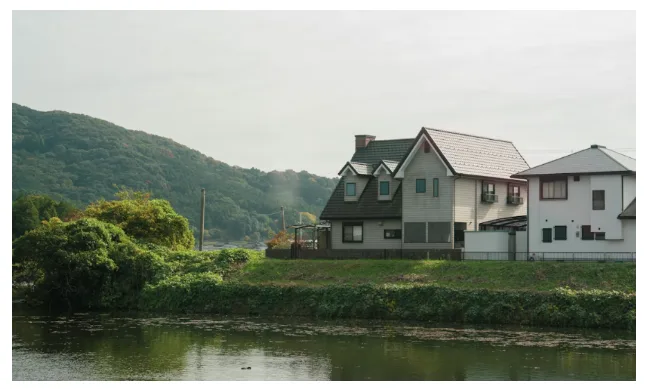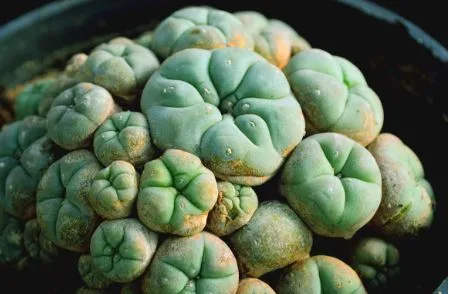Eco-Friendly Landscaping Ideas for Ottawa Homeowners
Creating a beautiful backyard doesn’t have to come at the expense of the environment. In fact, eco-friendly landscaping for Ottawa homeowners is becoming increasingly popular. Not only does it help reduce your carbon footprint, but it can also save time, money, and resources in the long run.
Whether you have a small urban yard or a larger suburban property, there are plenty of ways to make your landscaping greener and more sustainable.
By focusing on smart plant choices, water management, and eco-conscious materials, you can create an outdoor space that looks stunning and benefits the planet.
Choose Native Plants
One of the easiest ways to make your landscaping eco-friendly is to use native plants. These species are naturally adapted to Ottawa’s climate and soil conditions. They require less water, fertilizer, and maintenance than non-native plants.
Native plants also provide a habitat for local wildlife. Birds, bees, and butterflies thrive when you incorporate indigenous flowers and shrubs. This not only supports biodiversity but also enhances the natural beauty of your yard.
Consider including plants like coneflowers, wild columbine, or serviceberry shrubs. They’re hardy, low-maintenance, and add vibrant colors throughout the seasons. Professionals at Yards Unlimited often recommend native species for their clients, ensuring both sustainability and beauty.
Optimize Water Usage
Water is one of the most critical resources for any landscape, and managing it wisely is a key part of eco-friendly design. Start by grouping plants with similar water needs together. This makes irrigation more efficient and prevents overwatering.
Installing rain barrels is another excellent option. They collect runoff from your roof, which you can then use to water your garden. Permeable paving materials also help rainwater soak into the ground rather than running off into storm drains. For homeowners looking to get creative with water while enhancing their yard’s eco-friendliness, adding decorative or functional water features can be a smart choice. Ottawa homeowners can explore options like ponds, fountains, or waterfalls to create both a visually appealing and sustainable landscape
Drip irrigation systems are highly recommended for flower beds and vegetable gardens. They deliver water directly to the roots, reducing waste and keeping plants healthy.
Compost and Mulch
Composting is a simple but effective way to reduce waste while nourishing your garden. Kitchen scraps, yard trimmings, and fallen leaves can all be turned into nutrient-rich compost. Adding this to your soil improves its structure, promotes healthy plant growth, and reduces the need for chemical fertilizers.
Mulching is another environmentally friendly practice. Organic mulch, such as wood chips or shredded bark, helps retain soil moisture, regulate temperature, and prevent weeds. It also breaks down over time, enriching the soil naturally.
Create Pollinator-Friendly Spaces
Pollinators are essential for the health of gardens and local ecosystems. By planting pollinator-friendly flowers and shrubs, you can help support bees, butterflies, and other beneficial insects.
Include a variety of blooms that flower at different times of the year. This ensures that pollinators have a consistent food source. You can also leave small areas of your yard less manicured to provide shelter for insects and small wildlife.
Reduce Lawn Area
Lawns are often resource-intensive. They require frequent watering, mowing, and fertilizers. Reducing lawn size in favor of garden beds, ground covers, or natural meadows can significantly lower environmental impact.
Consider adding drought-tolerant grasses or clover as alternatives. These options require less water, resist pests, and stay green with minimal effort. Incorporating ornamental grasses or flowering perennials can also add texture and color without the heavy upkeep of a traditional lawn.
Use Sustainable Materials
When adding hardscape elements like patios, walkways, or fences, choose sustainable materials. Reclaimed wood, recycled stone, or permeable pavers are all excellent options. They reduce environmental impact while still providing durability and visual appeal.
Companies like Yards Unlimited can help Ottawa homeowners select eco-friendly materials and design hardscape features that last for years while remaining sustainable.
Incorporate Edible Landscaping
Eco-friendly landscaping can also benefit your household directly. Incorporating edible plants like herbs, vegetables, or fruit trees reduces food miles and encourages healthy eating.
Edible landscaping doesn’t need to take over your yard. Small raised beds, container gardens, or fruiting shrubs along borders can add greenery and productivity simultaneously.
Plan for Year-Round Sustainability
Sustainable landscaping doesn’t end in the summer. Choose plants that provide winter interest, such as evergreens or berry-producing shrubs. Leave fallen leaves and plant debris in some areas to decompose naturally, creating nutrient-rich soil for next season.
By planning for all four seasons, you ensure your yard remains eco-friendly, visually appealing, and low-maintenance throughout the year.
Final Thoughts
Eco-friendly landscaping is more than just a trend; it’s a long-term investment in your property and the environment. With careful plant selection, efficient water use, sustainable materials, and thoughtful design, Ottawa homeowners can create outdoor spaces that are beautiful, practical, and environmentally responsible.
Working with experts like Yards Unlimited (http://yardsunlimited.com/) ensures that your eco-friendly landscaping is not only visually stunning but also built to last. Small changes, when combined, can transform your yard into a vibrant, sustainable oasis that benefits both your family and the planet.





